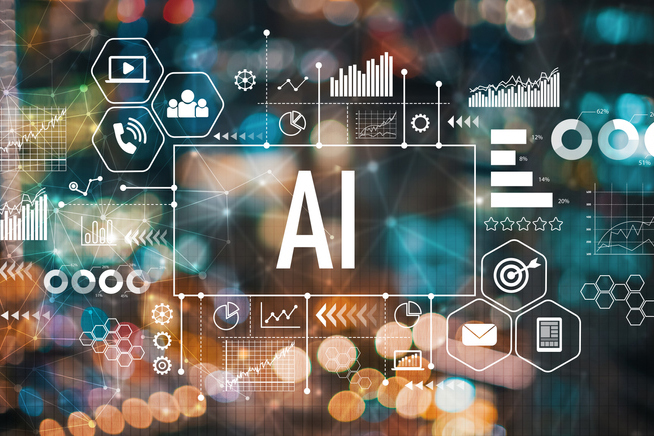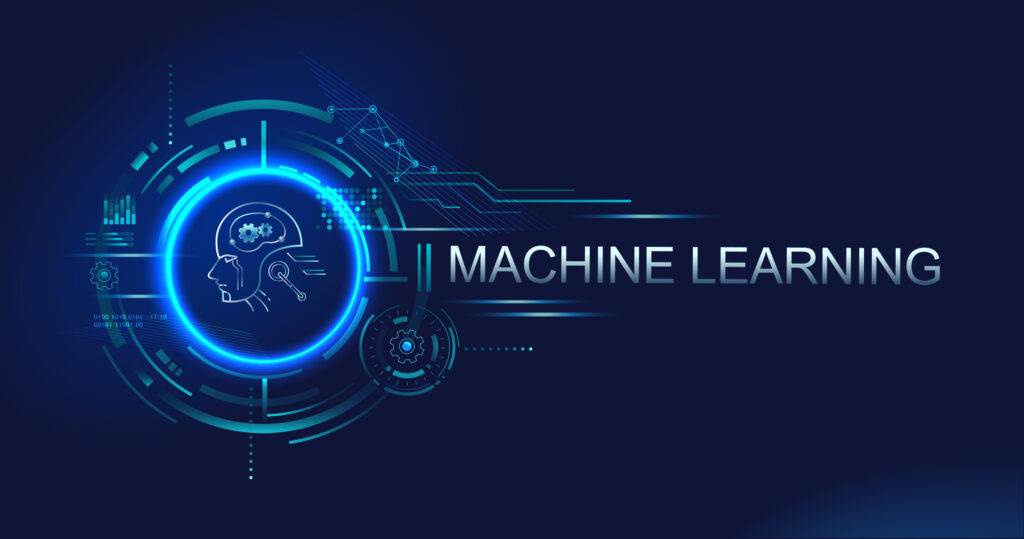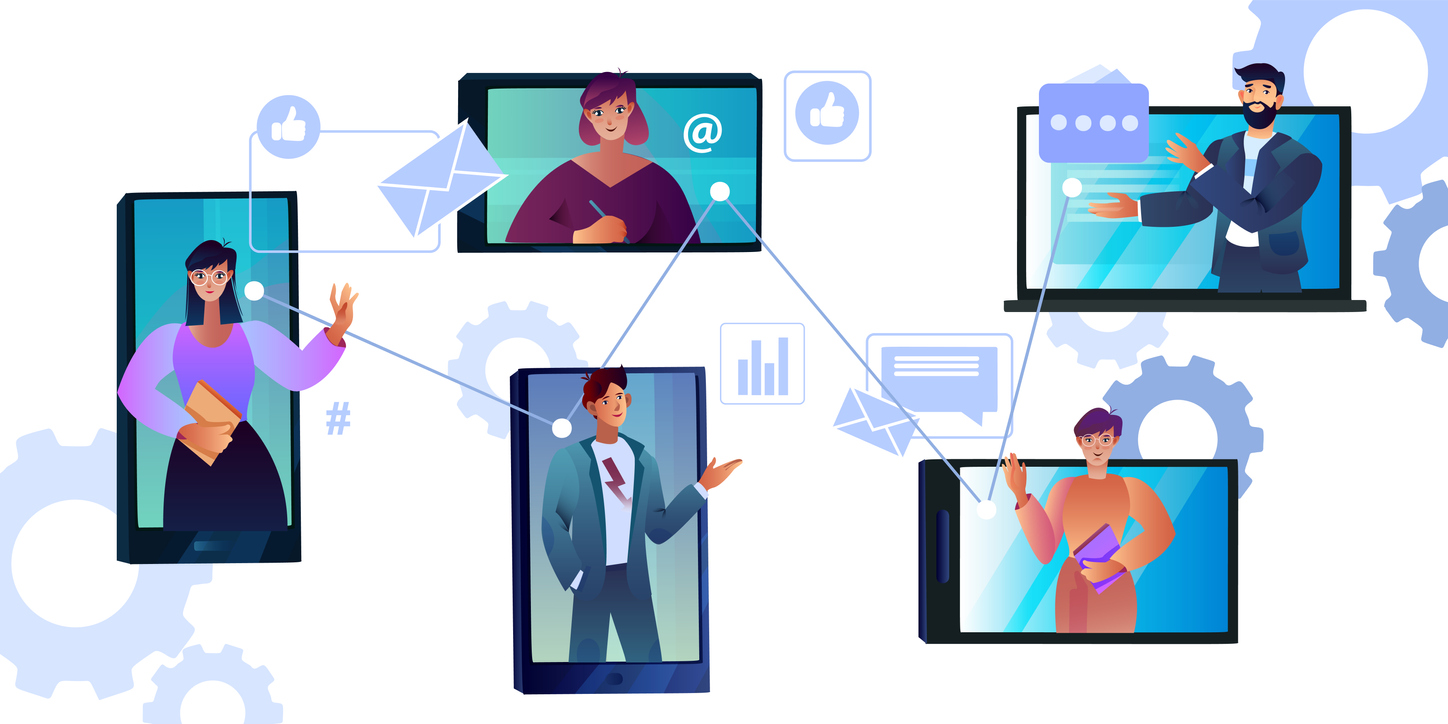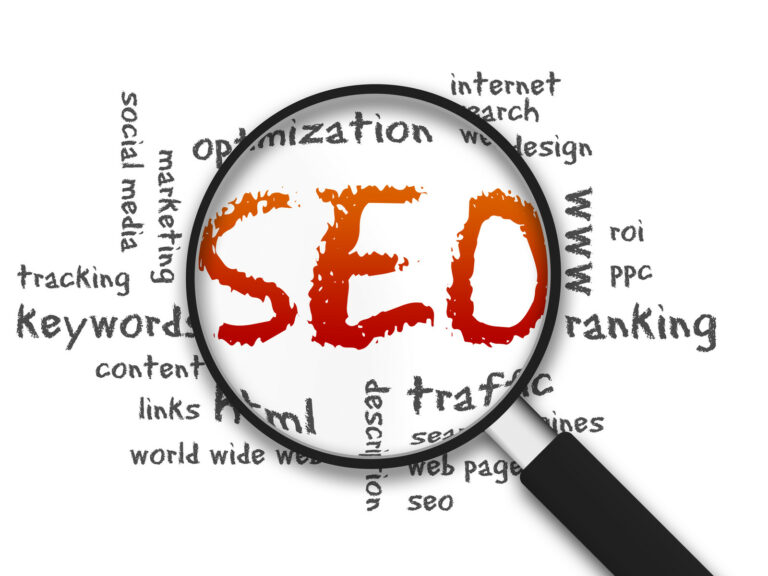
Nowadays, AI has quickly taken the world by storm due to its seemingly limitless capabilities. AI in Digital Marketing is quickly gaining traction with lots of new marketing approaches are being created. In this blog, we will extensively cover how AI can be used and implemented into organizations of all sizes effectively and seamlessly.
Introduction to AI in Digital Marketing
Due to the highly competitive landscape, AI may prove crucial for companies to gain an extra competitive advantage. Additionally, the ability of AI to analyze and extract info from a plethora of data sets can allow businesses to gain lots of valuable data into customer behavior
Key AI Technologies for Digital Marketing
Machine Learning
Machine learning is a potent tool in which it can analyze large data sets in order to anticipate customer behavior and create more targeted and precise marketing campaigns. Some machine learning concepts include:
Supervised Learning: where a machine is trained through “labeled” training data to predict a future outcome. This can be applied in digital marketing by training the machine with customer data to predict and analyze purchasing behaviors.
Reinforcement Learning: In essence, this is the process where an algorithm is trained through the ‘trial and error method’; so that a result that is wanted is rewarded. This helps aid in finding products that customers want and prefer by analyzing their behavior.

Natural Language Processing (NLP)
One such use of NLP is in digital marketing through chatbots, where it provides automated customer service that is relevant to the customer’s inquiries. Another use of NLP in digital marketing is through content creation, where AI automatically generates content, such as YouTube videos or Instagram reels, with human-like commentary and an emphasis on relatability to consumers.
Computer Vision
The visual content area of digital marketing has been severely impacted by computer vision. Computer vision is a field within AI that allows machines to derive and understand content from videos or pictures. For example, information can be scanned from a page on which potential customers are on to analyze the expectations and their preference via that page. Later on, this allows brands to create a more personalized experience for customers.
By leveraging these emerging technologies, countless brands have completely transformed their operations, boosting productivity and elevating their brand experience. As we move on, we will discuss the pivotal tools that these technologies are the cornerstone of and its effects on digital marketing operations.
Customer Insights and Personalization with AI
With AI opening up a plethora of gateways that can transform customer experience, personalization is instrumental to such change. With the use of AI for personalization, it allows analysis of customer data, such as preferences, geographical location, or even purchasing history. Not only will this allow for a high-quality and optimal customer experience, but it can also offer distinctive products at ‘customers’ touchpoints’ to boost sales for businesses.
Overall, personalization with AI is a powerful tool that massively saves time, boosts content accuracy, and optimizes the overall brand experience. With AI, humans now need to adapt and learn this technology to maximize its effectiveness in a digital marketing context.

AI in Search Engine Optimization (SEO)
Effective use of SEO allows the website to potentially be ranked highly and pop up first on a Google search.
AI in SEO allows for a significant improvement in sharpening your SEO strategy by rapidly finding new keywords and unlocking potential for competitor analysis by stealing and further optimizing other websites’ keywords. This can allow for a more aggressive and successful approach in dealing with SEO as finding keywords that is highly successful on other websites can save tedious amount of time to find one yourself. Examples of tools that utilize this technology are SEO.ai and ContentGeniusFX.
By going into these tools, you can simply see your competitors’ most popular keywords by searching up their domain on the one of the tools’ search engine.
While using AI in SEO can be highly useful, be aware that AI cannot write the entire content of the website, as AI sometimes takes info from other websites and pastes it within the blog, which goes against Google’s policy and will be detected. Instead, AI should be used in conjunction with humans to streamline SEO rankings and other digital marketing operations.

Chatbots and Customer Service
An example of AI customer service is most commonly chatbots, where it provides appropriate responses to any given customer inquiries without having any social media managers help.
Not only will Chatbots excel in improving customer engagement but the ability to have multi-language support prevents any problems relating to the language barrier. Ultimately, this can increase customer loyalty and overall sales for the business.
Some chatbots include:
Tidio: Excellent for enterprises that are small to medium-sized.
Freshchat: Excellent for ‘multi-channel’ customer service.
Zoho SalesIQ: Excellent for wide-ranging customization possibilities.
Predictive Analytics in Digital Marketing
As discussed previously, this is done through machine learning and allows digital marketers to capitalize on upcoming trends and further predict marketing campaigns that best suit the targeted segment of consumers.
Some useful tools for predictive analysis in digital marketing include:
Adcreative.ai: An industry-leading app that allows you to automate and optimize your social media operations by generating social media posts and stories by leveraging AI. It offers a 7-day free trial using our link!
Dataiku: An online platform that offers accurate and reliable predictive analytics through analyzing raw data and fueling data-driven decisions.
Social Media Marketing
Nowadays, with social media becoming a prominent part of how we interact with one another, the rise of AI to streamline social media operations has been transformative. AI uses in social media marketing are seemingly limitless. For example, AI ad targeting has been highly effective in analyzing customer behavior and preferences. This allows for highly targeted ads at specific segments of the market, ultimately making advertisements much more cost-efficient. Some other uses of AI in Social Media Marketing include:

Automatic Posting and Scheduling:
Using AI tools to integrate into a brand’s social media, such as Circleboom or Later, allows for full control of content being posted online. This enables traffic optimization, where content can be posted at a time that can gain the best results.
With AI, tedious tasks ,such as posting, can be done faster and better to elevate overall operational speed.
AI-Generated Content:
True to its name, AI content generation is where brands use AI to automate the creation of content on their social media or blogs according to a given input. This tool can have a variety of benefits, including high productivity and efficiency, saving time, and idea generation. This is through AI, namely ChatGPT and also Simplified, enabling digital marketers to generate entire blogs or ideas within seconds.
Moreover, AI could prove beneficial in identifying and predicting what type of content will provide the best possible content for brand’s targeted audience. It can also generate future marketing strategies ,organize overall content ,and outline future themes as well. These benefits will ultimately improve brand’s marketing performance tremendously.
However, while this may sound great, this method also has its drawbacks. AI generating content will still lack the tone needed to provide relatable and high-quality content, which means human changes would still be needed. Additionally, AI-written content poses the risk of plagiarism as it extracts information from a variety of websites on the internet, which can cause your website to rank poorly.
Conclusion
In conclusion, the integration of AI into digital marketing has allowed for unconventional methods of marketing to thrive. With enhanced personalization through data analysis, AI is proving to be transformative. As new tools and technologies are being created, firms should stay vigilant and adapt to changes to thrive.
However, while AI’s potential to enhance brands is undoubtedly incredible, some drawbacks include ethical considerations and plagiarism risks. Maintaining the right balance between human and AI operations is a crucial ingredient for maximizing AI’s abilities while maintaining authenticity.
Overall, AI is likely to be a technology that is here to stay and is something digital marketers should look forward to and embrace.
Credit
10 Ways to Use Machine Learning for Marketing in 2023
10 Ways an AI Customer Service Chatbot Can Help Your Business
https://thecxlead.com/tools/best-ai-chatbot-for-customer-service/
https://improvado.io/blog/best-predictive-analytics-tools
https://www.techtarget.com/whatis/feature/The-impact-of-AI-on-social-media
https://www.snowflake.com/guides/predictive-analytics-marketing#:~:text=Predictive%20analytics%20analyzes%20data%20from,gives%20marketers%20a%20distinct%20advantage.
